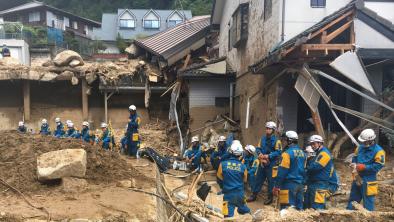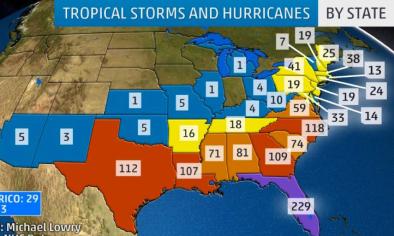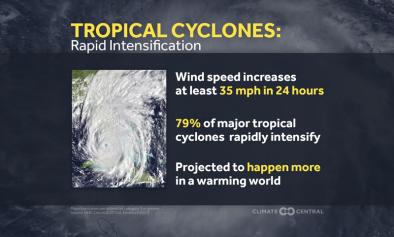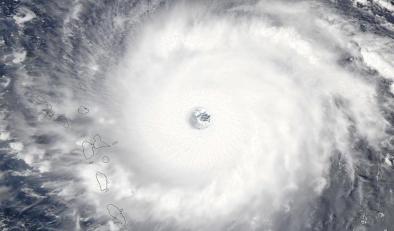In Puerto Rico, a new hurricane season threatens the elderly
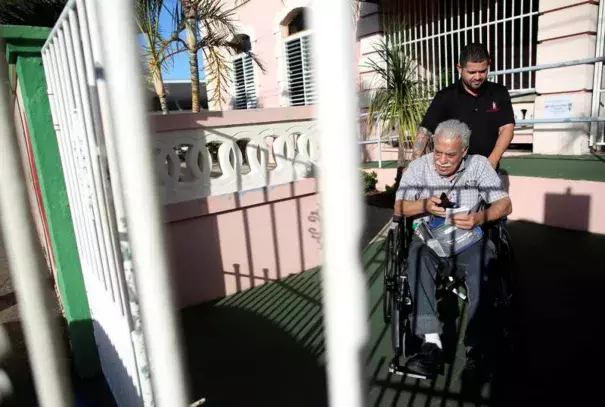
At 84 years old and battling cancer, Israel Gonzalez Maldonado has lived without electricity for the nine months since Hurricanes Irma and Maria devastated Puerto Rico.
His wife, Zoraida Reyes, 77, struggles to keep the house stocked with fresh food without a refrigerator. At night, she fans her husband so he can sleep.
With another hurricane season starting, older Puerto Ricans have little to protect them from another storm on an impoverished island that remains far from fully recovered. Younger and wealthier people have been moving away for years, leaving an older and sicker population in the hands of an underfunded healthcare system. Tens of thousands more have fled since Maria.
...
Senior citizens make up a larger share of the population here than in all but four U.S. states, according to federal Census data. About half are disabled, more than any state.
Forty percent of seniors rely on food stamps, more than three times the percentage in New York state, the second-highest nationally.
Yet the island has just six nursing homes - with a total of 159 beds - that are certified by the U.S. Centers for Medicare & Medicaid (CMS) to provide rehabilitative services.
...
A fragile healthcare system is hardly the only problem that leaves the elderly here - and all Puerto Ricans - vulnerable to another catastrophic storm.
About 7,000 houses and businesses still lack power, after Maria leveled a grid that was ill-maintained before the storm.
Related Content
